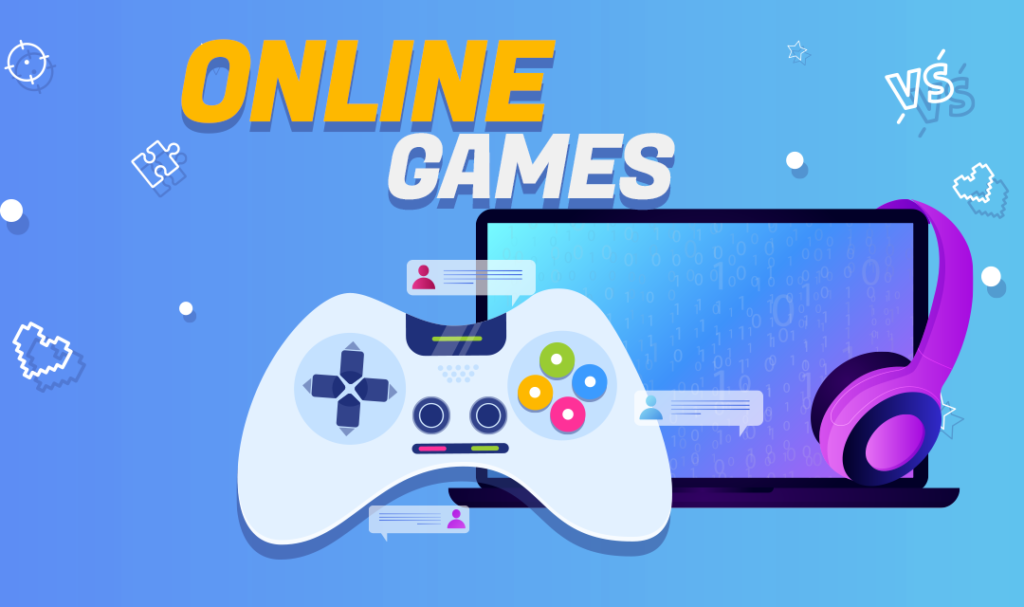Online gaming has revolutionized the entertainment industry, blending technology and creativity to offer immersive experiences to players worldwide. From simple text-based games to highly complex multiplayer universes, the evolution of online games is a testament to technological advancements and the growing appetite for digital interaction. This article delves into the history, types, impact, and future trends of online surgawin games, offering a comprehensive look at this dynamic sector.
History of Online Games
The journey of online games began in the 1970s with basic text-based games, which evolved into more interactive formats in the 1980s and 1990s with the advent of the internet. The release of “World of Warcraft” in 2004 marked a significant milestone, establishing the MMORPG (Massively Multiplayer Online Role-Playing Game) genre and setting the stage for today’s expansive online gaming ecosystems.
Types of Online Games
Online games span various genres, catering to diverse preferences:
1. MMORPGs
MMORPGs are characterized by large virtual worlds where players interact, complete quests, and build characters. These games, like “Final Fantasy XIV” and “Elder Scrolls Online,” foster community-driven experiences.
2. Battle Royale
This genre, popularized by “Fortnite” and “PUBG,” involves survival-based gameplay where players compete to be the last standing in a shrinking arena.
3. First-Person Shooters (FPS)
FPS games like “Call of Duty” and “Counter-Strike” offer adrenaline-pumping action, focusing on precision and strategy in combat scenarios.
4. Simulation and Strategy
Games like “The Sims” and “Civilization” allow players to simulate real-life activities or strategize complex scenarios, offering a more relaxed, intellectual gaming experience.
5. Mobile Games
With the proliferation of smartphones, mobile games like “Clash of Clans” and “Candy Crush” have become highly popular due to their accessibility and quick gameplay sessions.
Impact of Online Games
Social Interaction
Online games have transformed social interactions, enabling players to connect with friends and strangers worldwide, forming communities and lasting friendships.
Economic Influence
The online gaming industry is a multi-billion-dollar sector, driving technological innovation and creating numerous job opportunities, from game development to eSports.
Cognitive Benefits
Studies suggest that online gaming can enhance cognitive functions, such as problem-solving skills, hand-eye coordination, and strategic thinking.
Challenges
Despite the benefits, online gaming also presents challenges, including the potential for addiction, exposure to inappropriate content, and cybersecurity risks.
Future Trends in Online Gaming
Virtual Reality (VR) and Augmented Reality (AR)
VR and AR are poised to redefine online gaming, offering more immersive and interactive experiences that blur the line between the virtual and real worlds.
Cloud Gaming
Cloud gaming eliminates the need for high-end hardware, allowing players to stream games directly to their devices. Services like Google Stadia and Xbox Cloud Gaming are leading this innovation.
Blockchain and NFTs
Blockchain technology and Non-Fungible Tokens (NFTs) are emerging trends in online gaming, offering players ownership of in-game assets and new ways to monetize their gaming experiences.
Cross-Platform Play
The future of online gaming will likely see more games offering cross-platform play, breaking down barriers between consoles, PCs, and mobile devices.
